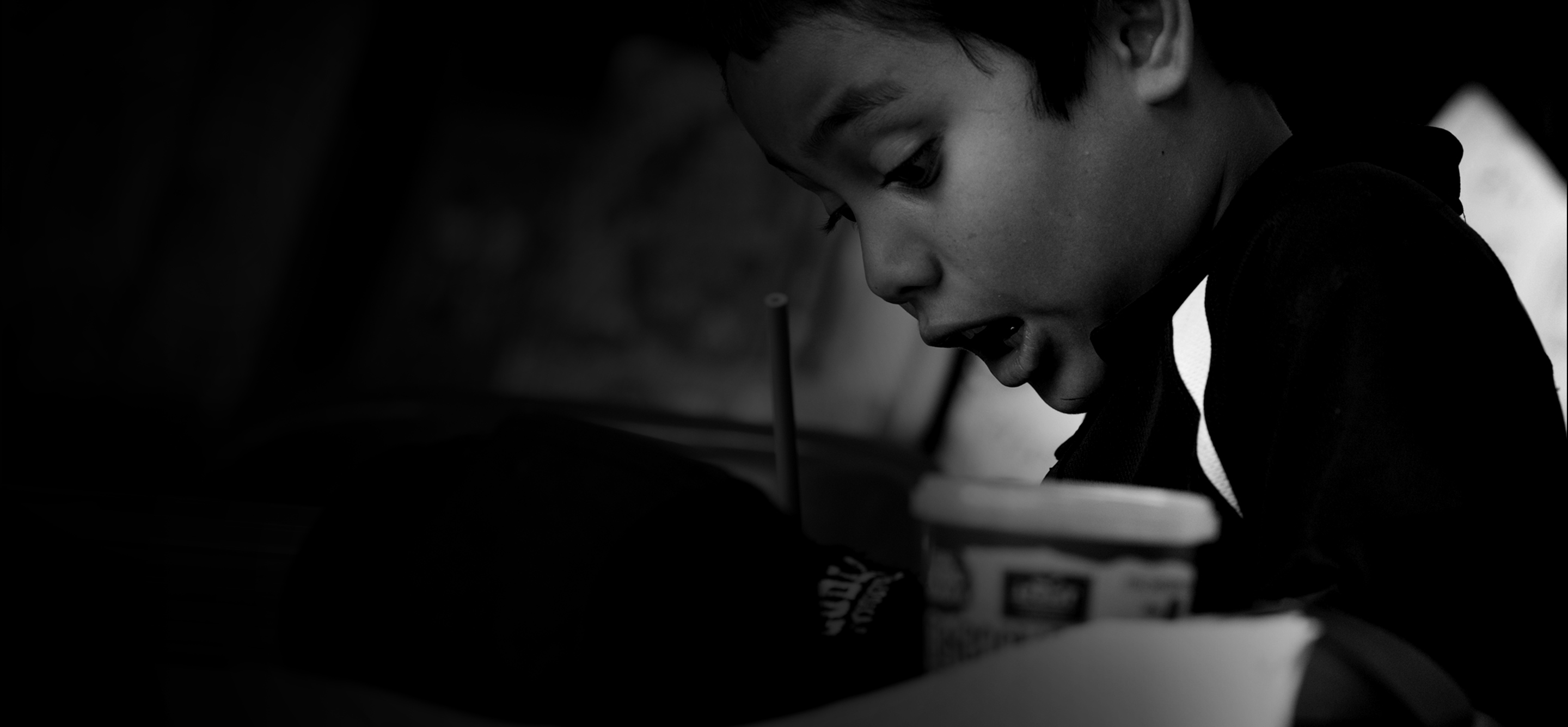
I HAVE A DREAM IS DRIVING SYSTEMIC CHANGE
We face large-scale social problems in NZ. For example, we have the highest rate of teenage suicide in the developed world; our PISA ranking has declined from 9th in 2003 to 16th in 2018; and many of our children cannot escape the trap of multi-generational poverty. Systemic change to NZ’s social services is essential to drive better outcomes for high needs communities, and especially for our kids.
I Have a Dream wants to play a catalysing role in delivering this systemic change.
Our aim is to scale I Have a Dream from one community to many low decile/high needs communities throughout NZ. They would be strongly interconnected and aligned, with access to shared data and support.
View Our Initial Approach Here
“Every child has that element in them, some special ability and purpose.”
Author of The Element: How Finding Your Passion Changes Everything
We currently incorporate two crucial frameworks into our programme, which guide our strategic thinking and structure. With any scale up approach, we intend to continue drawing from these frameworks as we develop our plans.
Working in predominantly Māori communities, we recognise that Wairua/Tikanga Māori is fundamental to Māori existence. We uphold a core set of values which determine our objectives and programming. These key values are: Ako (learning), Aroha (love), Whanaunatanga (relationships), Tumanako (hope) and Rangatiratanga (autonomy).
Learn MoreThe Circle of Courage model portrays four growth needs of all children: Belonging, Mastery, Independence, and Generosity. The model has evolved to act as a guide for adults to better serve children and youth who are in emotional pain from conflict in the family, school, community, peer groups or with self.
Learn MoreSome of which we share here:
The Full Frame Initiative are a pioneering US organisation, helping to change outcomes for disadvantaged people. They created the “Five Domains of Wellbeing”, which they describe as universal essential human needs.
Learn MoreJournalist David Bornstein’s articles written for the New York Times describing how social services can undermine wellbeing, especially given the single-focus approach of many Govt Depts and NGOs.
Read ArticlesAdithi Pandit of the Deloitte NZ Social Impact Practice created this whitepaper which compares different social service models to
improve wellbeing for families at risk or in crisis.
“Together alone: Joined-up social services” profiled I Have a Dream as 1 of 18 collective projects operating in NZ.
Read ReportThe NZ Institute of Economic Research have created this whitepaper – Kia māia: Be bold. Improving the wellbeing of children living in poverty – for public discussion. The authors refer to I Have a Dream as a possible model for personalisation in the delivery of the Government’s social sector services.
Read WhitepaperThese Case Studies from our pilot project in Mt Roskill dramatically illustrate why our long-term trust-based relationships work. In each of these profiles, you can see why the consistent caring presence of our Navigator was so important for continual support and encouragement, nurturing each cild (and often, family) through various challenges and opportunities.
Read Case StudyThe BUURTZORG model describes a pioneering healthcare organization, founded in the Netherlands, which has established independent, self-managing teams of nurses. Buurtzorg promises high-quality home care at a lower cost through person-centered care, continuity of care, building trusting relationships, and networks in the neighborhood. Most importantly, it avoids the stifling time and cost demands of bureaucracy!
Read WhitepaperThis paper – Developmental Relationships as the Active Ingredient: A Unifying Working Hypothesis of ‘‘What Works’’ Across Intervention Settings – describes the power of “Developmental Relationships”, characterised by attachment, reciprocity, progressive complexity and balance of power. As mentioned in our Term 2 ‘22 newsletter, this is the “secret sauce” of our kaupapa
Read WhitepaperDr. Cottam’s excellent TED talk, Social services are broken. How we can fix them?, has searing examples of the dysfunction at the heart of the UK social sector, which resembles our own. Her paper, Welfare 5.0, expands on this. Among many memorable and powerful phrases, this one was particularly striking: “ … for decades a true rethink of our social systems has been denied on the grounds of an economic orthodoxy that has positioned social systems as a short-term cost rather than a long-term investment, as a burden rather than a foundation for flourishing.”
Watch TalkThe NUKA SYSTEM OF CARE is an indigenous health-care system in Anchorage, Alaska that has attracted global attention, including from NZ. This PDF of Chapter 5 of the book “Simply Brilliant” by William Taylor, profiles the key design elements and benefits of this system. There are many striking themes in their work, but a key one is the importance of the long-term and trust-based relationships between the integrated care teams and members. It’s similar to the tikanga Māori concept of whanaungatanga, and indeed to our own Navigator/Dreamer model.
Read Chapter
You can help I Have A Dream create successful
futures for Kiwi kids.